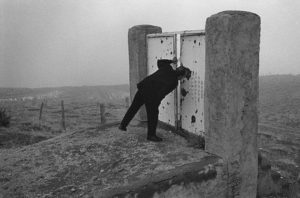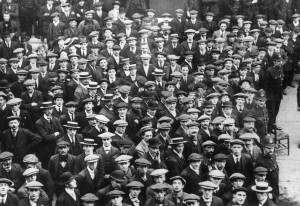Paul Lafargue
Preface
M. Thiers, at a private session of the commission on primary education of 1849, said: “I wish to make the influence of the clergy all powerful because I count upon it to propagate that good philosophy which teaches man that he is here below to suffer, and not that other philosophy which on the contrary bids man to enjoy.” M. Thiers was stating the ethics of the capitalist class, whose fierce egoism and narrow intelligence he incarnated.
The Bourgeoisie, when it was struggling against the nobility sustained by the clergy, hoisted the flag of free thought and atheism; but once triumphant, it changed its tone and manner and today it uses religion to support its economic and political supremacy. In the fifteenth and sixteenth centuries, it had joyfully taken up the pagan tradition and glorified the flesh and its passions, reproved by Christianity; in our days, gorged with goods and with pleasures, it denies the teachings of its thinkers like Rabelais and Diderot, and preaches abstinence to the wageworkers. Capitalist ethics, a pitiful parody on Christian ethics, strikes with its anathema the flesh of the laborer; its ideal is to reduce the producer to the smallest number of needs, to suppress his joys and his passions and to condemn him to play the part of a machine turning out work without respite and without thanks.




